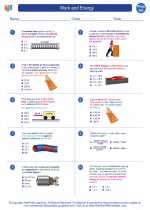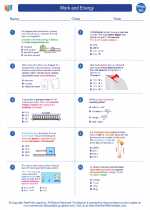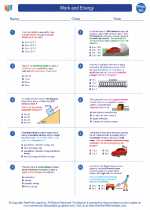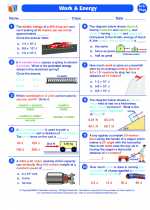Reaction with Acids
When a substance reacts with an acid, a chemical reaction takes place which often results in the formation of a salt and the release of hydrogen gas. This type of reaction is known as an acid-base reaction or a neutralization reaction.
General Equation for Reaction with Acids
The general equation for the reaction of a metal with an acid is:
metal + acid → salt + hydrogen gas
For example, when magnesium reacts with hydrochloric acid, the reaction can be represented by the following equation:
Mg + 2HCl → MgCl2 + H2
Factors Affecting the Reaction
Several factors can affect the rate and extent of the reaction between a substance and an acid:
- Concentration of the Acid: A higher concentration of acid typically leads to a faster reaction rate.
- Surface Area of the Substance: A larger surface area of the substance in contact with the acid can increase the rate of reaction.
- Temperature: Generally, an increase in temperature can lead to a faster reaction due to increased kinetic energy of the particles.
Study Guide
Here are some key points to focus on when studying reaction with acids:
- Understand the general equation for the reaction of a substance with an acid.
- Identify the products formed during the reaction with acids (salt and hydrogen gas).
- Be able to balance chemical equations for reactions with acids.
- Learn the factors that affect the rate of reaction with acids and how they influence the reaction.
- Practice solving problems related to reaction with acids, including calculating the amount of product formed or determining the limiting reactant.
By mastering the concepts and principles of reaction with acids, you will be well-prepared to understand and solve problems related to this topic.
.◂Physics Worksheets and Study Guides High School. Work and Energy

 Worksheet/Answer key
Worksheet/Answer key
 Worksheet/Answer key
Worksheet/Answer key
 Worksheet/Answer key
Worksheet/Answer key
